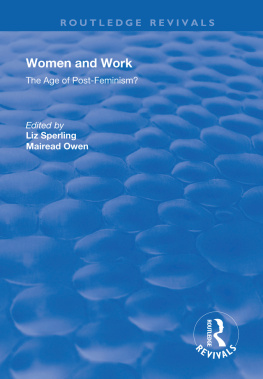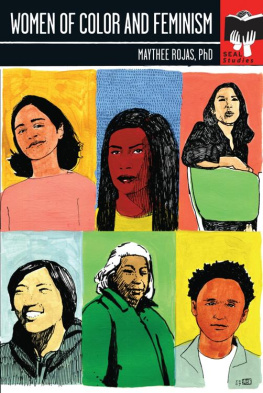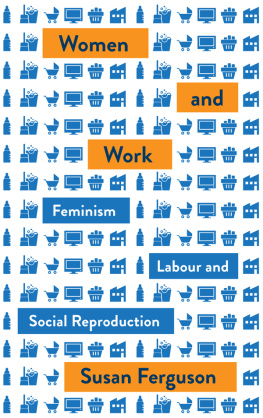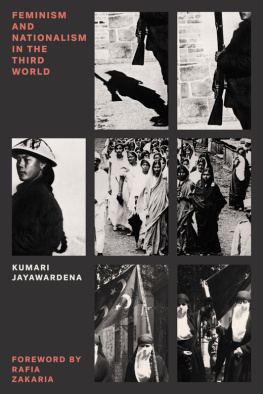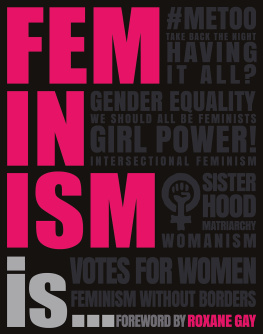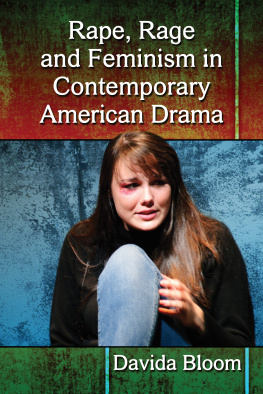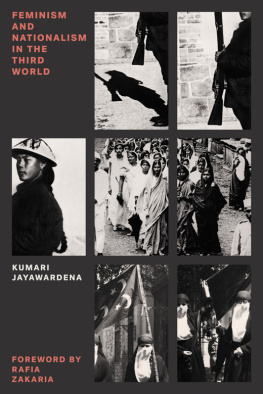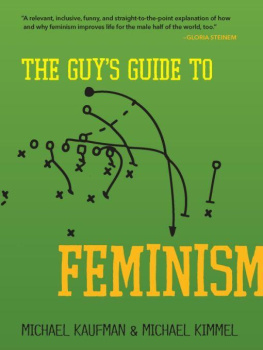The Illusions
of Post-Feminism
Feminist Perspectives
on The Past and Present
Advisory Editorial Board
Lisa Adkins, University of the West of England, UK
Harriet Bradley, University of Sunderland, UK
Barbara Caine, University of Sydney, Australia
Sara Delamont, University of Wales College of Cardiff, UK
Mary Evans, University of Kent at Canterbury, UK
Gabriele Griffin, Nene College, UK
Jalna Hanmer, University of Bradford, UK
Maggie Humm, University of East London, UK
Sue Lees, University of North London, UK
Diana Leonard, University of London, UK
Terry Lovell, University of Warwick, UK
Maureen McNeil, University of Birmingham, UK
Ann Phoenix, University of London, UK
Caroline Ramazanoglu, University of London, UK
Sue Scott, University of Stirling, UK
Janet Siltanen, University of Edinburgh, UK
Dale Spender, Australia
Penny Summerfield, University of Lancaster, UK
Martha Vicinus, University of Michigan, USA
Claire Wallace, University of Lancaster, UK
Christine Zmroczek, Roehampton Institute of Higher Education, UK
The Illusions
of Post-Feminism
New Women, Old Myths
Vicki Coppock, Deena Haydon
and Ingrid Richter
First published 1995
By Taylor & Francis
Published 2014 by Routledge
2 Park Square, Milton Park, Abingdon, Oxon OX14 4RN
711 Third Avenue, New York, NY 10017, USA
Routledge is an imprint of the Taylor & Francis Group, an informa business
Copyright Vicki Coppock, Deena Haydon and Ingrid Richter 1995
Transferred to Digital Printing 2006
All rights reserved. No part of this publication may be reproduced, stored in a retrieval system, or transmitted, in any form or by any means, electronic, mechanical, photocopying, recording, or otherwise, without permission in writing from the Publisher.
A Catalogue Record for this book is available from the British Library
ISBN 978-0-748-40237-3 (hbk)
ISBN 978-0-748-40238-0 (pbk)
Library of Congress Cataloging-in-Publication Data are available on request
Typeset in 10/12pt Times
by Solidus (Bristol) Limited
Publishers Note
The publisher has gone to great lengths to ensure the quality of this reprint but points out that some imperfections in the original may be apparent
The research for this book is derived in three discrete but closely associated projects which were conceptualised, conducted and realised simultaneously. Each of the projects reflects a clear commitment to feminist research. Feminist research has directly, and fundamentally, challenged the way in which academic knowledge takes a consistently patriarchal form. Far from being neutral, established academic research has reflected gender bias by concentrating on the social world of men and male definitions of knowledge and truth (P. Scraton, 1991). This has been validated by male researchers and theorists (Smith, 1973). Feminist researchers have set out to redress the balance by focusing research on women, by women and for women (Stanley and Wise, 1993, 1983; Stanley, 1990; Griffin, 1985; Oakley, 1981). There is a commitment within feminist research to develop and use methods, and methodologies, which accommodate and legitimise womens personal experiences and stress the validity and relevance of their memories (Maynard and Purvis, 1994; Harding, 1987; Haug, 1987). It is acknowledged, however, that there is no definitive feminist method of research (Scott, 1985) and that men can make important contributions (Harding, 1987).
The first project examined in depth the experiences of professional women in paid work. Focusing on their education, work and interpersonal relationships, it assessed the impact of equal opportunities policy, legislation and practices on the lives of those women considered to have most benefited from such reform. Using a similar focus, the second project took one maledominated institution with long-standing organisational traditions and work practices and analysed the gendered paid-work experiences of women throughout the institution (professional, administrative, domestic). Central to this project was the position of women in the home, the relationship between home and work and the significance of child-rearing to this relationship. Finally, the third project considered the media as the primary institution responsible for the maintenance and reproduction of gendered ideology. It focused on the representation of Liverpool women in film, theatre and television productions using detailed content analysis and in-depth interviews with creators, producers, conveyors or authors of the representations. Given the focus of the impact of equal opportunities initiatives and the muchclaimed advent of liberated post-feminist women in both the organisations and representations studied, the projects converged to present a collective analysis of the claims of post-feminism.
The book is divided into two parts. of the book.
illustrate the ineffective nature of Liberal reformism within education, the workplace, the media and interpersonal relationships. The conclusion to the book exposes the illusions of post-feminism in contemporary British society. Despite the assumption that equal opportunities legislation would make a difference to womens lives, this research reveals how power relations lie at the heart of the continuing oppression of women.
Vicki Coppock, Deena Haydon, Ingrid Richter
July 1994
We would like to thank the following people for helping us to realise the possibility of writing this book:
Phil Scraton and Kathryn Chadwick inspired our original research projects through their teaching and commitment to critical research and social justice. It was Phils suggestion to combine and develop these projects. He has been a sounding board for many of our ideas and helped us unravel our thoughts, particularly when we were working through the theoretical material. He has also spent a great deal of time reading and commenting on the work. Both he and Kathryn have been a constant source of support and encouragement. Their suggestions have always been helpful and constructive.
As founders of the Centre for Studies in Crime and Social Justice, Phil and Kathryn have facilitated the development of critical research and the formation of the Advanced Research Group. Our colleagues in this group have been supportive throughout, and their enthusiasm has spurred us on, making us feel that the project was worthwhile in our moments of doubt.
Jalna Hanmer gave early feedback and has maintained an interest in the project since its inception for which we are really grateful. Thanks also to Juliet Wells for her comments on the manuscript, and to Comfort Jegede at Taylor and Francis for her continuous encouragement.
The time and effort spent by Barbara Houghton, Karen Lee and Ingrid on typing and retyping (!!) the work has been invaluable and is greatly appreciated, as is Jacqui Wrights work on the original bibliography.
Our respective families, friends and colleagues have provided an endless amount of practical and emotional support, without which the project would never have been completed.
Finally, all the women, and the few men, who gave generously of their time and thoughts were open and honest. They have contributed much to knowledge by, for and about womens lives. Our personal and political commitment to feminist work has been reinforced by our close involvement with them. It is to these people that we would like to dedicate this book.


